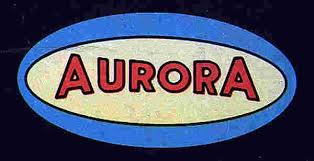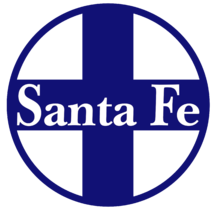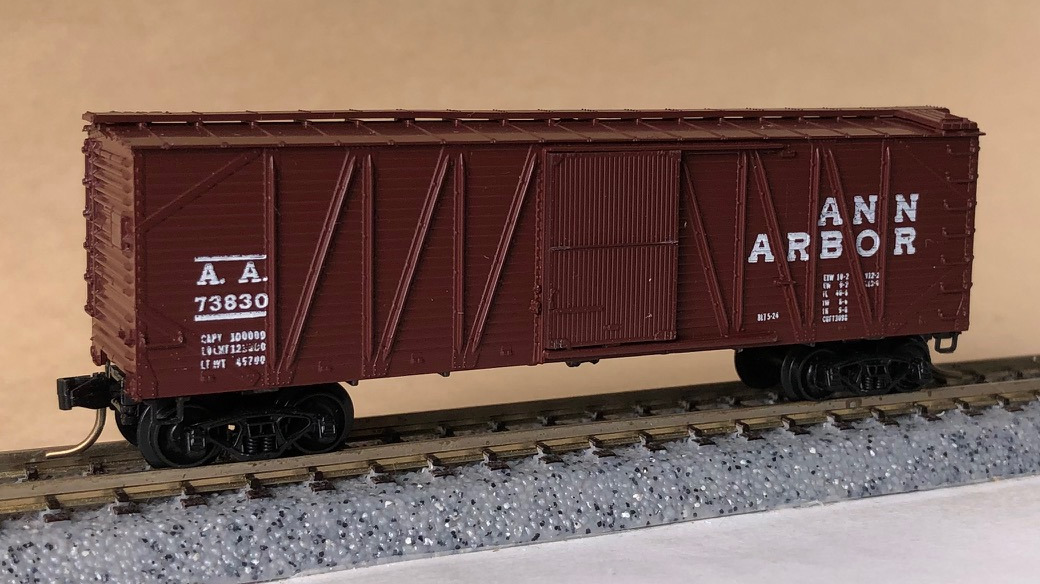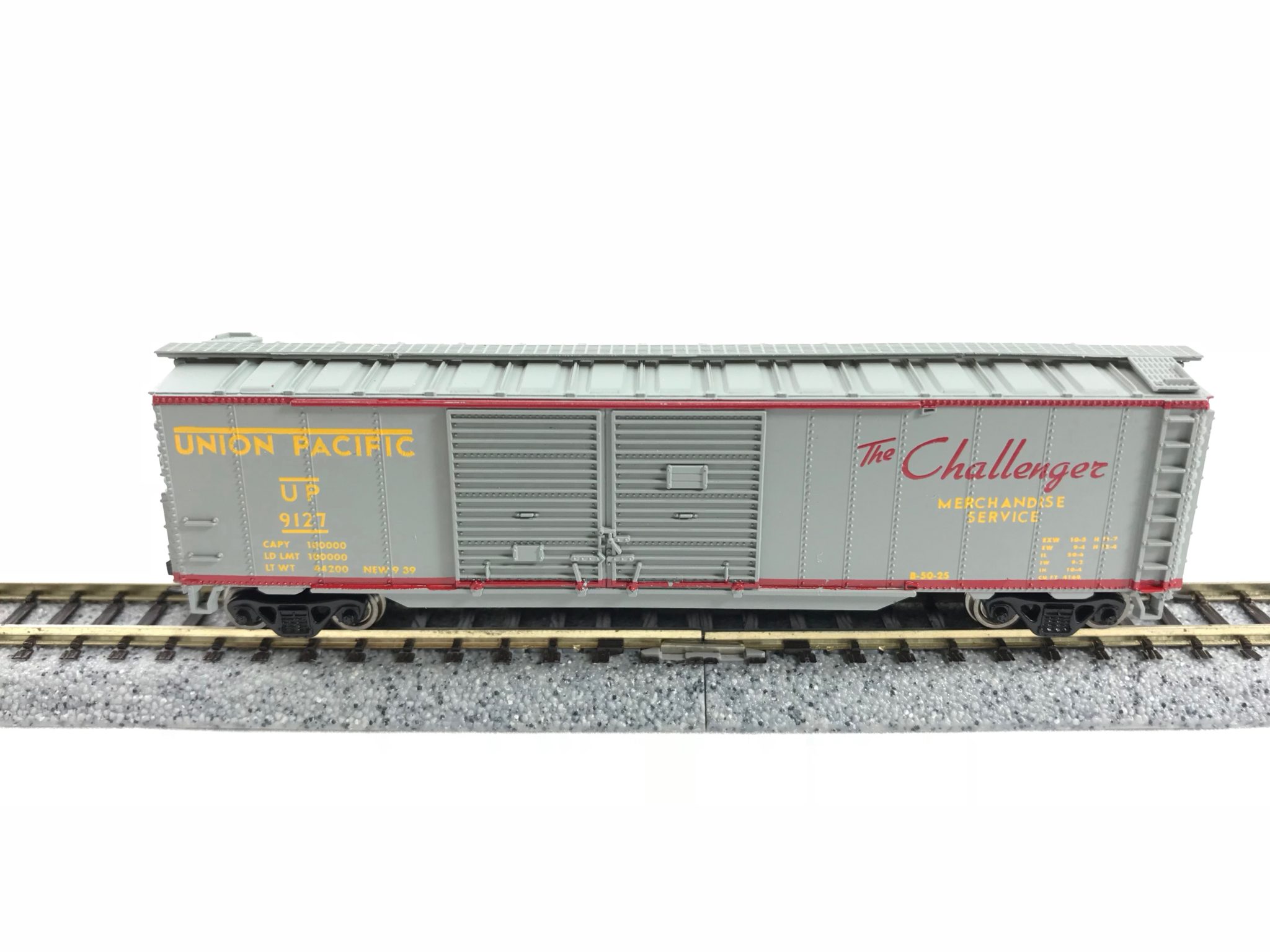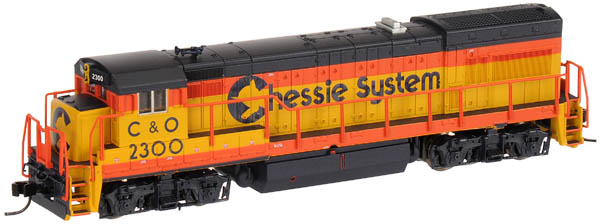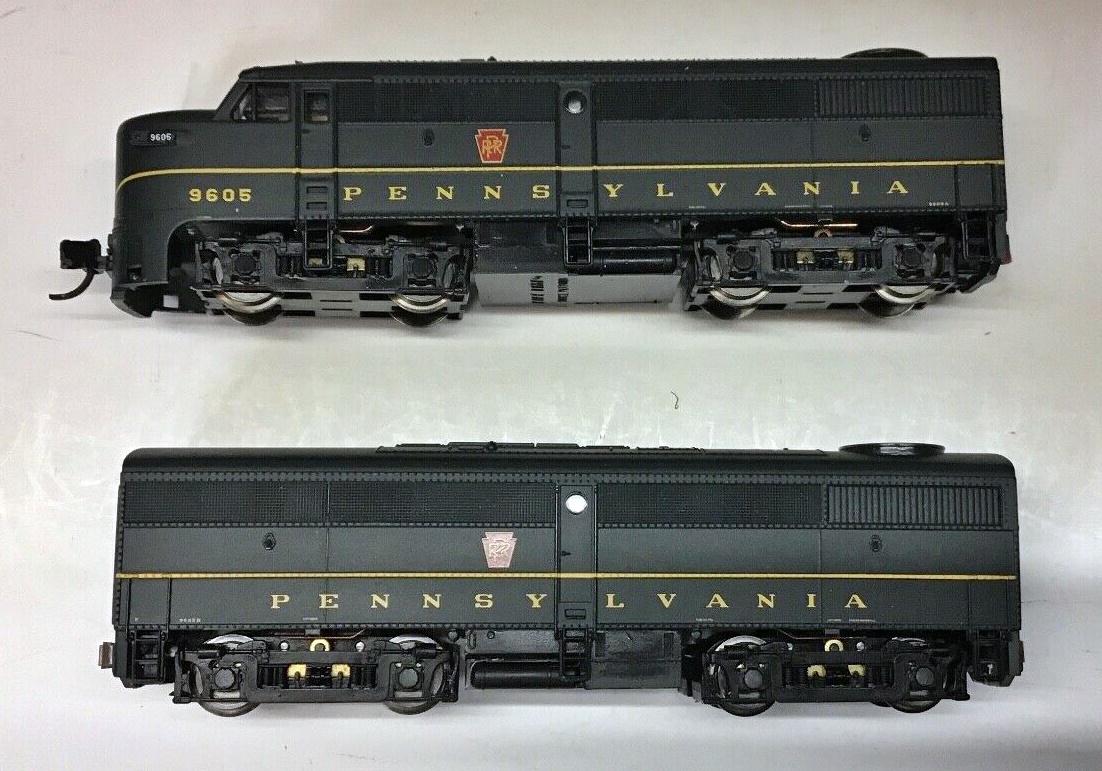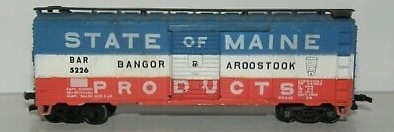Model Information: The earliest I have found this model is in the 1968 Aurora Postage Stamp catalog so it dates back to the late 1960s. It has been imported by Minitrix, Model Power and Con-Cor as well as by Aurora. It models a Santa Fe Ga-123 Hopper. The model features truck-mounted Rapido couplers with blackened metal deep flange wheels. With the early runs of this car, the print quality is typical 1st generation rolling stock pad-quality - which means not very good.
Prototype History: Longitudinal hoppers were made by Santa Fe's Topeka shops in the early 1960s. They feature a unique dump-door design with the doors powered by air-pressure. This design permits the doors to be closed in 12 seconds or less and opened in 6 seconds or less. Unfortunately the structural design of these hoppers was not sound and they had to be modified with additional structural elements at the ends to keep them in service. Less than 100 of these oddball hoppers were made.
Road Name History: The Atchison, Topeka and Santa Fe Railway (reporting mark ATSF), often abbreviated as Santa Fe or AT&SF, was one of the larger railroads in the United States. Chartered in February 1859, the railroad reached the Kansas-Colorado border in 1873 and Pueblo, Colorado, in 1876. To create a demand for its services, the railroad set up real estate offices and sold farm land from the land grants that it was awarded by Congress. Despite the name, its main line never served Santa Fe, New Mexico, as the terrain was too difficult; the town ultimately was reached by a branch line from Lamy.
The Santa Fe was a pioneer in intermodal freight transport, an enterprise that (at one time or another) included a tugboat fleet and an airline (the short-lived Santa Fe Skyway). Its bus line extended passenger transportation to areas not accessible by rail, and ferryboats on the San Francisco Bay allowed travelers to complete their westward journeys to the Pacific Ocean. The ATSF was the subject of a popular song, Harry Warren & Johnny Mercer's "On the Atchison, Topeka and the Santa Fe", written for the film, The Harvey Girls (1946).
The railroad officially ceased operations on December 31, 1996, when it merged with the Burlington Northern Railroad to form the Burlington Northern & Santa Fe Railway.
Read more on Wikipedia.
The Santa Fe was a pioneer in intermodal freight transport, an enterprise that (at one time or another) included a tugboat fleet and an airline (the short-lived Santa Fe Skyway). Its bus line extended passenger transportation to areas not accessible by rail, and ferryboats on the San Francisco Bay allowed travelers to complete their westward journeys to the Pacific Ocean. The ATSF was the subject of a popular song, Harry Warren & Johnny Mercer's "On the Atchison, Topeka and the Santa Fe", written for the film, The Harvey Girls (1946).
The railroad officially ceased operations on December 31, 1996, when it merged with the Burlington Northern Railroad to form the Burlington Northern & Santa Fe Railway.
Read more on Wikipedia.
Brand/Importer Information: In 1967, Aurora Plastics Corporation started importing the Minitrix N Scale product line. These trains were marketed as Postage Stamp Trains. It was a bold entry into what would become a very active market in the new N-Scale model train market. The basic starter set took advantage of N-Scale’s small size by packaging everything necessary for a small model railroad in a book-like box. The larger starter sets were packaged in more conventional boxes. Aurora went out of business in 1977.
The Body styles of this product line were made in Austria by Roco, imported into the United States by Minitrix and then rebranded by Aurora. Some of the exact same molds were also produced by Roco for Atlas who branded them using their own name.
A lot of information can be found on All about Aurora Postage Stamp Trains web site by David K. Smith.
The Body styles of this product line were made in Austria by Roco, imported into the United States by Minitrix and then rebranded by Aurora. Some of the exact same molds were also produced by Roco for Atlas who branded them using their own name.
A lot of information can be found on All about Aurora Postage Stamp Trains web site by David K. Smith.
Manufacturer Information: 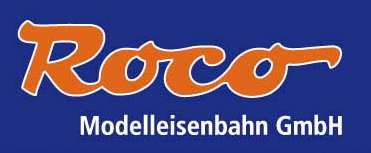 The company was founded in 1960 by Ing. Heinz Rössler and started with a plastic Minitanks series of military vehicles. After export to the USA became successful, the model line was expanded with model trains in HO scale and the smaller N scale. TT scale was also subsequently added to the product line. The model rail product line covers many European countries including Germany, Belgium, Luxembourg, France, Spain, Austria, Italy, Switzerland, Sweden and the Netherlands, and also the USA.
The company was founded in 1960 by Ing. Heinz Rössler and started with a plastic Minitanks series of military vehicles. After export to the USA became successful, the model line was expanded with model trains in HO scale and the smaller N scale. TT scale was also subsequently added to the product line. The model rail product line covers many European countries including Germany, Belgium, Luxembourg, France, Spain, Austria, Italy, Switzerland, Sweden and the Netherlands, and also the USA.
On July 15, 2005 ROCO Modellspielwaren GmbH was declared bankrupt. From July 25 the company continues as Modelleisenbahn GmbH, but still uses the Roco brand and associated logo. On October 1, 2007, distribution of the 'Minitank' product series was assigned to the German model car manufacturer Herpa.
Since February 2008 Modelleisenbahn also owns Fleischmann, which like Roco had gone bankrupt. The two companies continue as separate brands under Modelleisenbahn GmbH, while benefiting from economies of scale through joined development projects, marketing and procurement.
From Wikipedia

On July 15, 2005 ROCO Modellspielwaren GmbH was declared bankrupt. From July 25 the company continues as Modelleisenbahn GmbH, but still uses the Roco brand and associated logo. On October 1, 2007, distribution of the 'Minitank' product series was assigned to the German model car manufacturer Herpa.
Since February 2008 Modelleisenbahn also owns Fleischmann, which like Roco had gone bankrupt. The two companies continue as separate brands under Modelleisenbahn GmbH, while benefiting from economies of scale through joined development projects, marketing and procurement.
From Wikipedia
Item created by: gdm on 2017-02-06 14:17:01. Last edited by CNW400 on 2020-05-12 14:48:37
If you see errors or missing data in this entry, please feel free to log in and edit it. Anyone with a Gmail account can log in instantly.
If you see errors or missing data in this entry, please feel free to log in and edit it. Anyone with a Gmail account can log in instantly.



